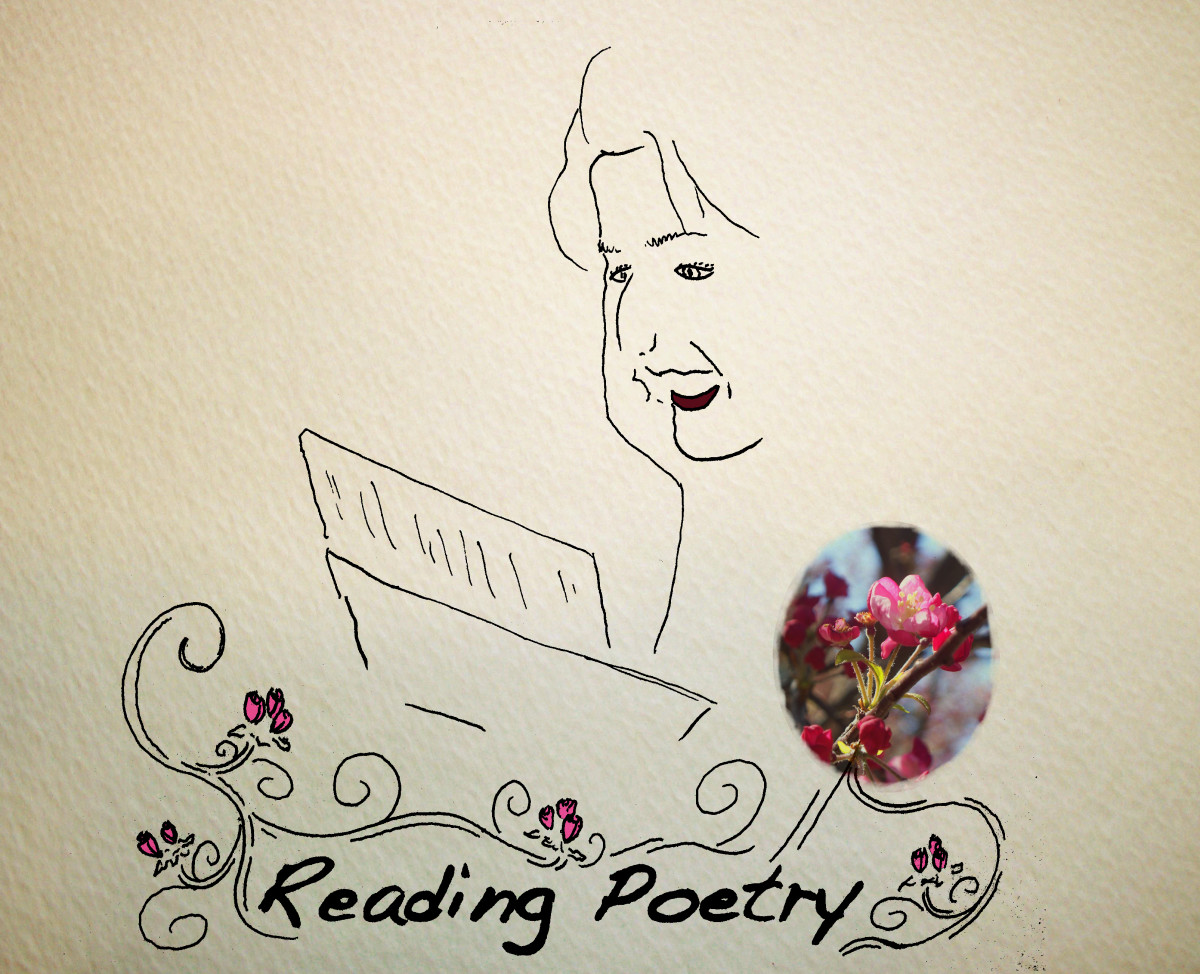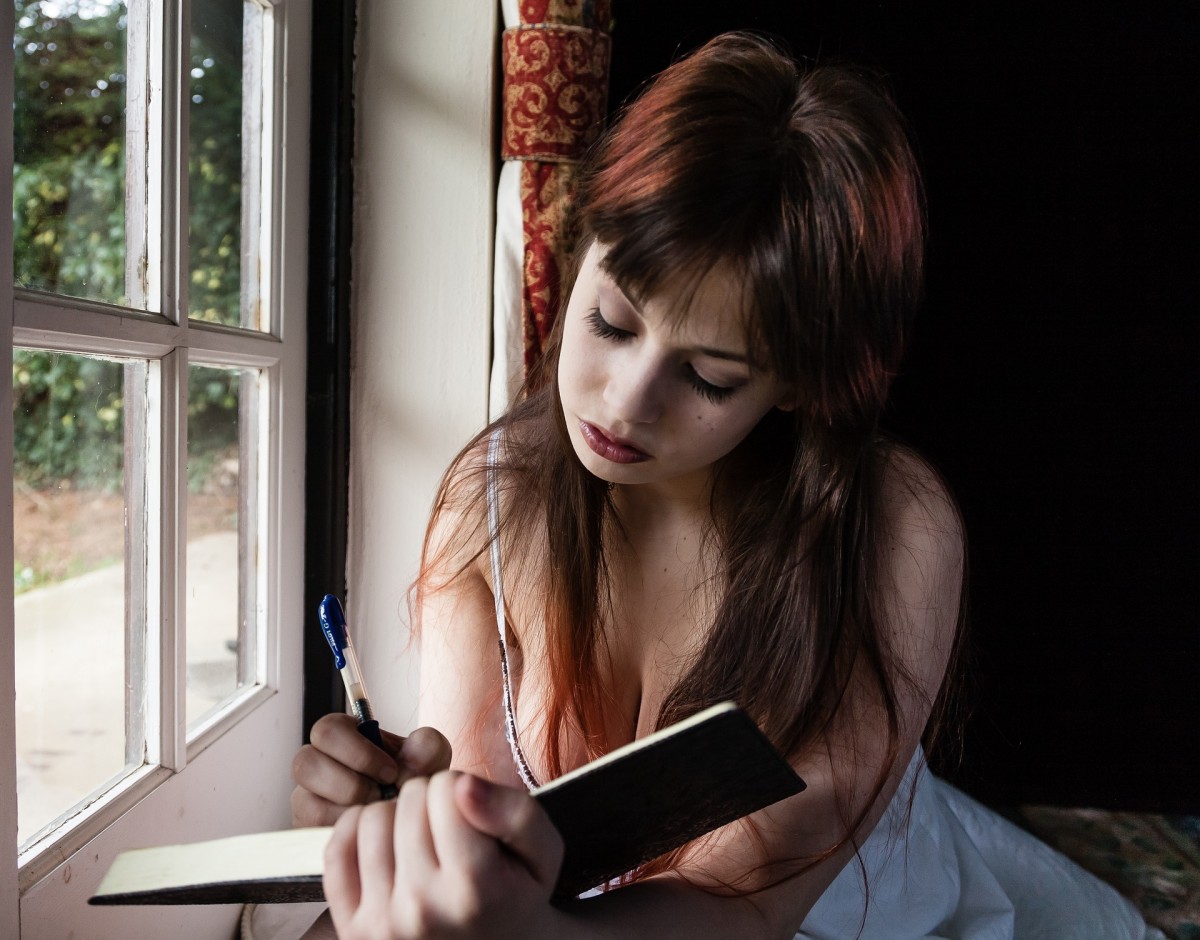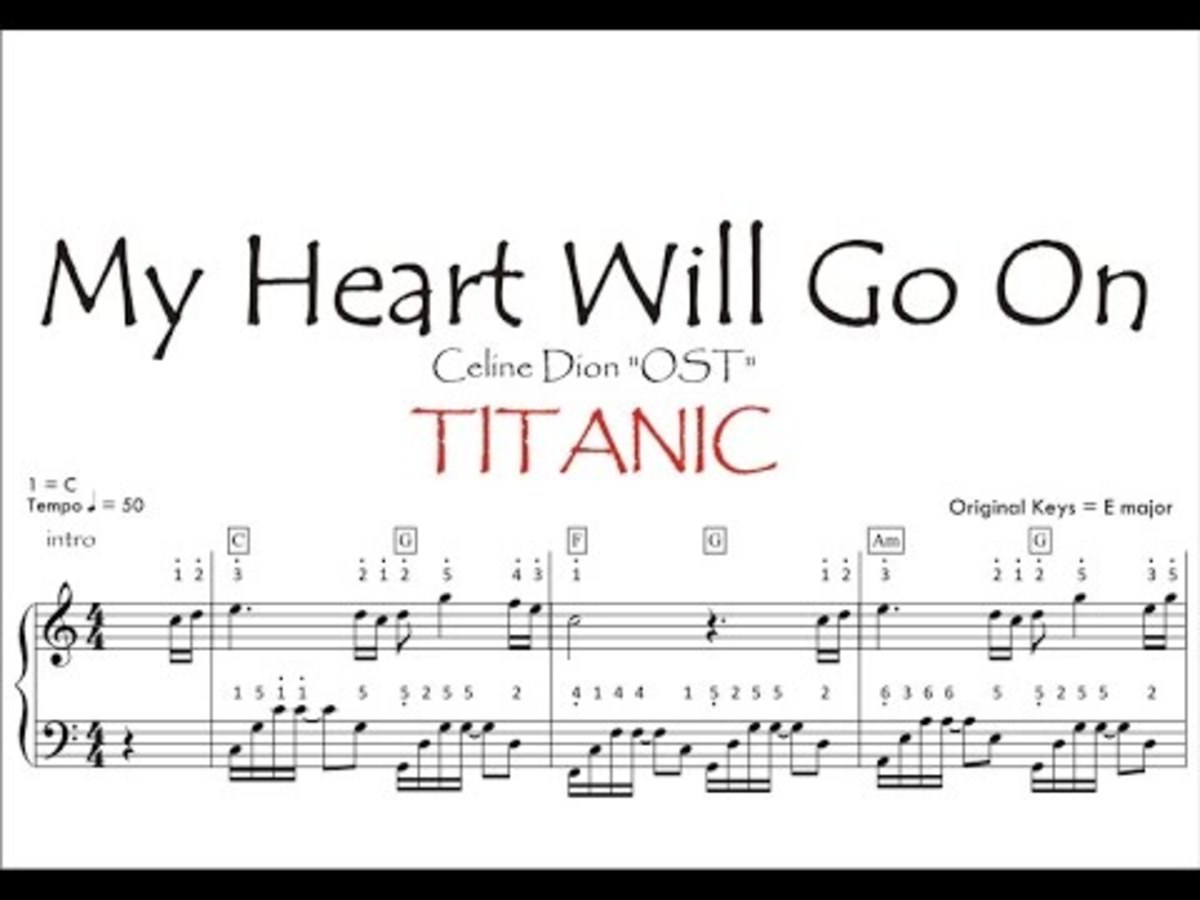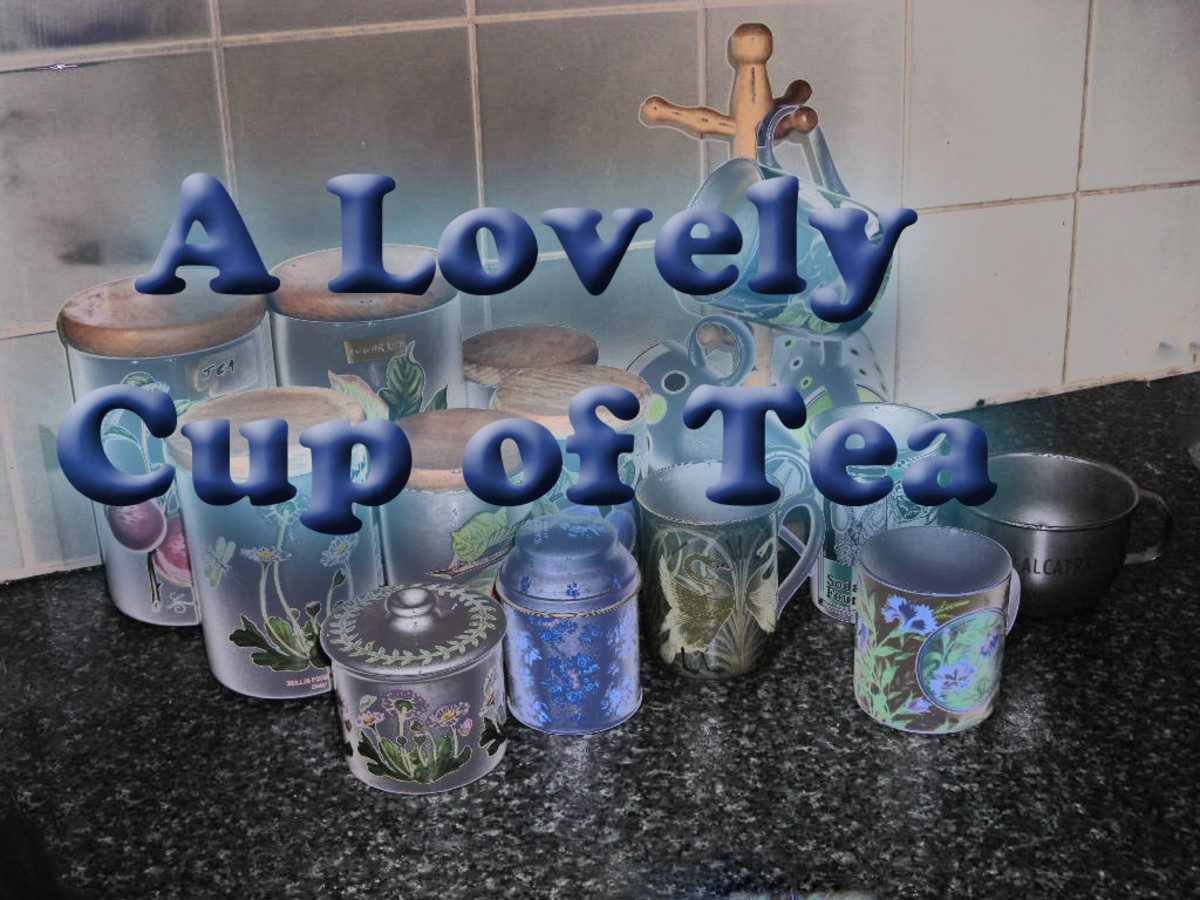IS WRITING POETRY A WASTE OF TIME?
THE WAY IT WAS. . .AND IS
In most ancient cultures, poets were revered. The Greek word from which 'poet' is derived meant “the maker”, and poets were regarded as seers and wise men who penetrated the core of the Mysteries and the unfathomable secrets of the gods. Today, only a razor-thin slice of the population ever even thinks about poetry, never mind regards it as a form of high Art attuned to the music of the Spheres. Today, if you say you're a poet, people will respond, somewhat nervously, with “well, ah, okay, but what do you really DO?” So, off the top, we can safely assert that poets are not up there with firefighters, doctors, bakers, and taxidermists as respectable workers in the world.
Our culture respects producers of what we use and contributors of what we need. Poets produce words on a page and contribute nothing substantive that we need. A giant poetic voice of our times, Leonard Cohen, was finally Heard only when he turned from poetry per se , casting his vision instead into immensely popular songs and performances. Now he produces entertainment, which we need. Vision in new clothes.
WHAT IS POETRY, ANYWAY?
No one knows. It's like electricity—everyone knows what it does, but no one knows what it IS. It strikes me as little short of amazing that grown men and women, otherwise responsible and rational , will dedicate themselves to an activity that they cannot define. Wordsworth described the process of poetry as “the spontaneous overflow of powerful feelings” tempered with the passage of some time, then “recollected in tranquility”. Okay, but that description could work for your thoughts on a particularly urgent bowel movement, could it not? And Coleridge’s “the right words in the right order” sounds like the shopping list I used in the supermarket last week. We need something exclusive, precise, compelling.
I'm a poet-member of a LinkedIn thread called The Poetry Forum, which has had almost 5000 posts in about seven months, many of which attempt to define poetry. In my judgment we have failed—but we're getting close, as are poets on various poetry threads on Hubpages. The embryonic “definition” we've toyed with goes something like this: “poetry is an intensely economical use of highly charged language to pursue a substantive subject in a compelling form within which a reader experiences an epiphany generated exclusively by the form and content of the poem.” Arghh! I don't like it already, close or not. Too pompous and long-winded. I'm drawn to the simple Truth about poetry expressed by the American poet Robert Creeley: Form is Never More Than An Extension of Content. That, of course, is not any kind of a definition, but it strikes me as irrevocably True of both the process of writing a poem and the end result of having it on a page. Maybe it's enough. I think it's enough for many poets, and I don't care if the general public gets it or not.
SO CAN WE AT LEAST AGREE ON WHAT IS A POEM?
For many, anything in lines that rhyme is a poem. So all those Hallmark ditties and repetitive devotional verses will qualify. Not in this article. This article is unabashedly elitist, written by a poet for poets. The gushing sentimentality of the worst of greeting card syrup does not make the cut, any more than a child's crude wooden rifle is a '”gun” . Such imitations are form without substance and do harm to the Art of Poetry by posturing, often through the compelling repetition of rhyme, to be something they are not.
A real poem will jolt a reader emotionally, almost viscerally. Ben Jonson, the 17th-century contemporary of Shakespeare, once wrote an epitaph on the death of a five-year-old daughter of a friend. Here it is:
Underneath this Stone doth lie
As much Beauty as can Die.
Feel the jolt? Feel the sheer evocative power generated in those charged eleven words? Could you—would you want to—change one word? Many people, introduced to that two-line poem for the first time, never forget it. That's a poem.
SO WHY DO WE DO IT?
Scour HubPages and Linkedin and other discussion forums on poetry, and poets will repeatedly state that they must do it. Very simple. Writing poetry is their heroin, their cigarette, their compulsion. If in a given day they don't at least try to write a poem, they feel depleted and incomplete. Writing poetry is what makes them roll, regardless of what they do to put meat and potatoes on the table. One guy said that he was ecstatic upon his retirement not because he was quitting full-time work but because he was beginning full-time poetry.
Poets write poetry because they're drawn to the compressed language, the maximum impact in short span, that poetry demands. Some say they explode on the page and never revise or edit. Others plan their work to the last detail and methodically craft the final piece over weeks, perhaps months. Some write exclusively for themselves, with no thought of ever showing their work to anyone (rare); others are organized and totally oriented to publishing their work to the widest audience possible as quickly as possible (almost as rare); others publish online to build up their confidence and try some “legitimate” publishing after a time (quite a few of us); others just fumble along, writing as much as they can, publishing online but really rather vague about what they want to do with their talent (most of us). It doesn't matter why. What matters is getting good poetry out there, first of all to each other for enjoyment, sharing, commentary, and learning. . .and second, beyond these threads to the world.
SO WHY DID I WRITE THIS PIECE?
A great essay it ain't. Mostly I tried to pull together some thoughts of my own, and of other poets on poetry and poetics to stimulate some discussion on topics we all hold dear. I fervently hope I've pissed some of you off and that you leap to the keyboard to show me the error of my ways. Or perhaps I've opened a new perspective and you want to explore that. Or perhaps I've confirmed some of your own thinking and you want to consolidate some stuff in a comment.
Whatever this article may or may not be, it's focused on the Art we all love. If it makes you want to write a response of ANY kind, we all win. Thanks for reading.








